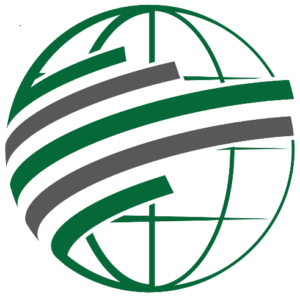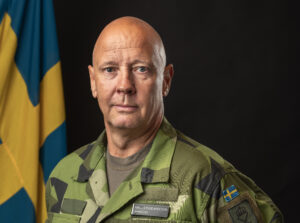Late Sunday evening announced that the industrial conglomerate United Technologies (UTC) and the defense company Raytheon go together. Thus, the largest defense and airline is created in terms of revenues after Boeing. This is the biggest deal of this kind in the US this year - a deal that is expected to be completed during the first half of 2020.
The merged company will be called Raytheon Technologies Corporation, based in Boston and is expected to have annual sales of SEK 700 billion.
With the transaction, UTC takes further steps in refining itself as an airline and defense company. Two years ago, aircraft part manufacturer Rockwell Collins was purchased for the equivalent of SEK 280 billion. Later, it is clear that one should knock off and launch the subsidiaries Otis (lifts) and Carrier (building systems).
Both United and Raytheon are important suppliers to the US armed forces. In the case of Raytheon, the company is the world's second largest manufacturer of missiles. The company, for example, manufactures the air defense system Patriot, which the Swedish armed forces will purchase, but also radar and cyber security systems. UTC supplies equipment to the Pentagon in the form of aircraft engines and aviation systems.
In a comment to the deal says Tor Sinclair, who manages GDS Fund:
- Following Harris Corp and the L3 Technologies merger here, we now have another example of a (much larger) friendly merger in which one tries to achieve efficiency and better scale of the business. It is common for us to see collaborations between defense companies and with this enormous merger, I believe there will be a great focus on the profitability of a cooperation corresponding to a group that can meet all procurement requirements itself.
- Companies like the new Raytheon Technologies will probably be able to offer better products at a lower price and better profitability than what the individual companies can offer today and as we see increasing competition I believe more mergers will come in the future.
GDS Fund currently has 7.5 percent of the portfolio in Raytheon and about 4 percent in UTC. Just before the New York Stock Exchange's opening on Monday was traded Raytheon share up about 7 percent while UTC shares was up just over 3 percent.



